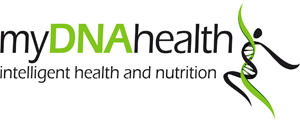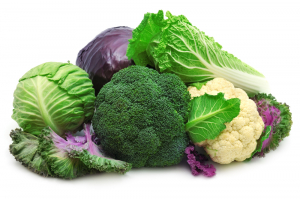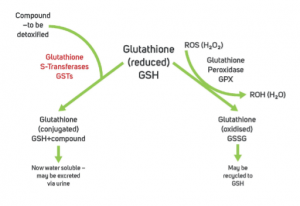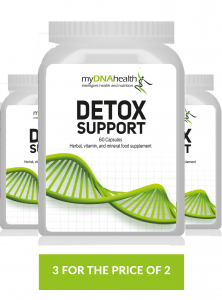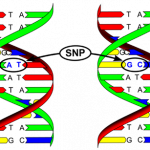Why we need to eat cruciferous vegetables
Cruciferous vegetables include broccoli, cauliflower, Brussels sprouts, cabbage and kale are some of the richest food sources of glutathione which scientists have dubbed as the body’s “master antioxidant”.
Glutathione is synthesised in the body from three different amino acids: L-cysteine, L-glutamic acid and glycine, and although it exists in every cell, the vast majority of glutathione is in the liver.
What is the role of glutathione in the body?
Glutathione helps to neutralise toxins in the body, fight the oxidation of circulating fats in the bloodstream, eliminate dangerous free radicals, synthesise and repair DNA, detoxify the liver and support overall functioning of the immune system. In addition, glutathione helps with the regeneration and recycling of other important antioxidants, including vitamin C and vitamin E.
As the major detoxifying agent in the body, glutathione chemically transforms carcinogens, toxins and drugs into unreactive, harmless compounds that can be eliminated without damaging cell DNA. In the case of heavy metals such as mercury and lead, glutathione neutralises them by binding with them.
How is glutathione produced?
Glutathione is produced naturally by the body – but levels can drop. Ageing and overconsumption of heavily-processed foods, along with environmental toxins, drugs, illness, infections and stress can impact the body’s natural levels. Low glutathione levels inhibit cellular function allowing dangerous free radicals to cause oxidative damage which is at the root of many chronic health symptoms.
What are the genes involved?
Glutathione S-transferase (GST) is the enzyme that brings glutathione and the toxins together to remove them from the system. The GST gene family encodes genes that are vital for detoxification mechanisms, via conjugation of reduced glutathione (GSH) with numerous substrates such as pharmaceuticals and environmental pollutants.
The GST genes are a bit different from the other genetic variants, as they are not a single nucleotide change per se – the whole gene is either inserted or deleted. Therefore, myDNAhealth tests the whole gene to establish whether they are either present and functioning or absent, rather than just a certain position in the gene. The GST genes are members of a gene super-family, but the two most relevant and biologically active ones to assess the function of the GST pathway as a whole are GSTM1 and GSTT1. GSTM1 is the most active member of this super-family.
So, what happens if you have a GST gene deletion?
A deletion on one or both of these genes does not mean that this important pathway does not work. Deletion results in an absence of the particular enzyme and puts more strain on the other GSH enzymes causing a reduced capacity to clear toxins. In the presence of toxins, this will make a person more susceptible to them, making it harder for the body to remove the toxic compounds and increasing their chemical sensitivity. In order to compensate for the deletion, the function of other members of this gene super-family needs to be induced to improve the overall performance of this pathway.
A GST deletion indicates a reduced capacity to metabolise numerous xenobiotic (e.g. phytochemicals and therapeutic drugs) and endogenous (e.g. steroid hormones) compounds. If the conjugation reaction between these toxins and glutathione is impaired, there will tend to be an accumulation of these unstable compounds. This can contribute to the symptoms of:
Oxidative stress and lifestyle factors such as taking medication, exposure to environmental toxins and poor diet can further contribute to these symptoms.
What can you do to boost your glutathione levels within the body?
Focus on natural foods first. Increase daily intake of cruciferous vegetables (e.g. cauliflower, broccoli, sprouts, cabbage), alliums (e.g. garlic, onions, leeks), colourful fruit and vegetables and plenty of vitamin C rich food sources. Aim to eat a rainbow of colours daily. These natural foods can assist the detoxification system in removing harmful substances from the body.
Nutritional supplementation can be helpful if extra support is required and can include vitamin C, curcumin, brassica extracts such as broccoli extract, and glutathione support can include N-Acetyl-L-Carnitine or liposomal glutathione. The Detox Support supplement contains natural ingredients to support the glutathione detoxification pathway.
Considering all the vital functions performed by glutathione, it can be a wise move to ensure that you have enough of this irreplaceable molecule. Your body will thank you for it.
Want to discover if your GST genes are present or deleted?
The Comprehensive DNA Test tests for 45 genetic variants including GSTM1 and GSTT1 whole genes.
